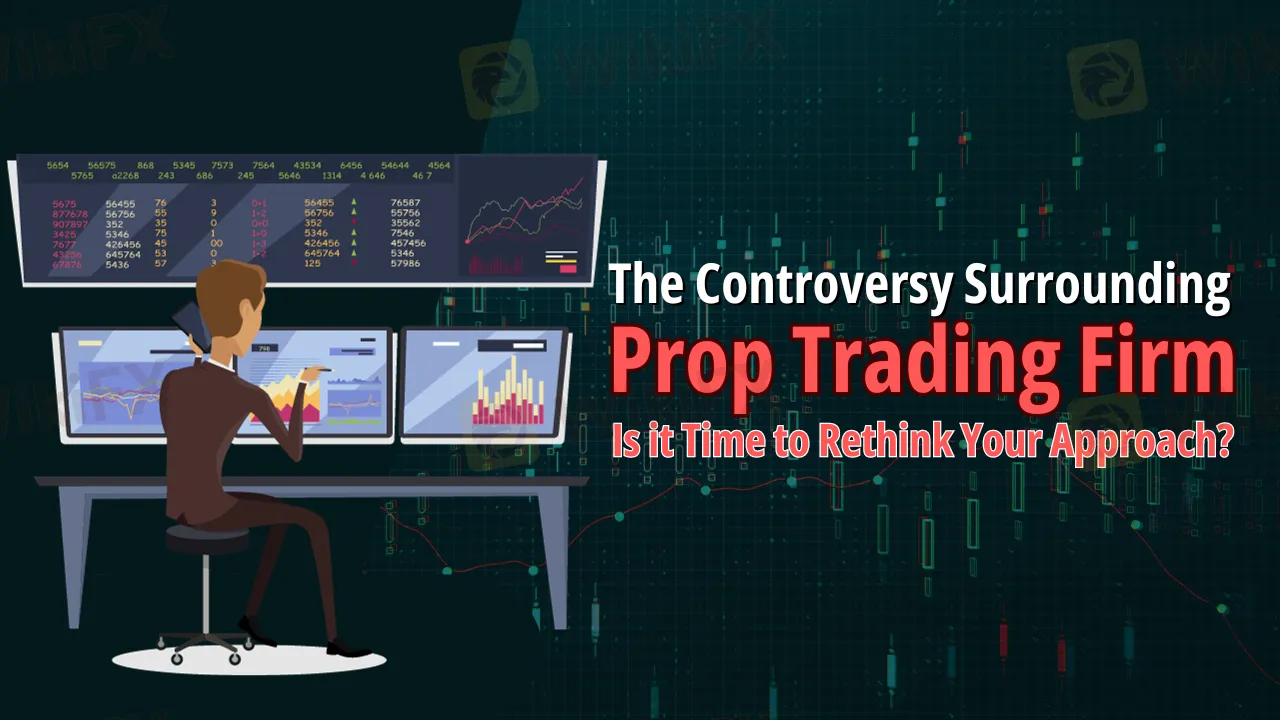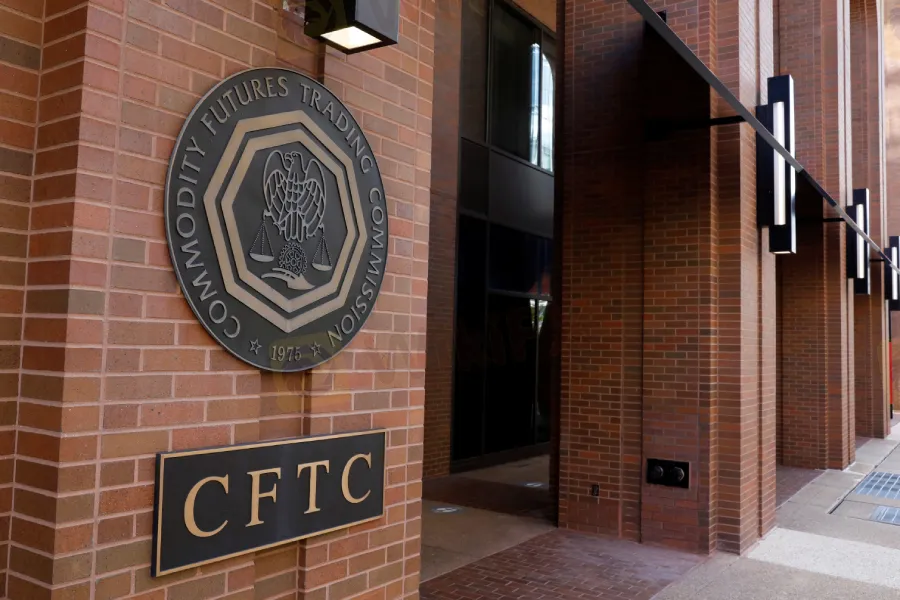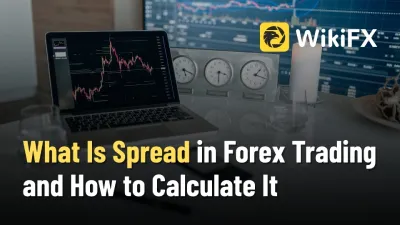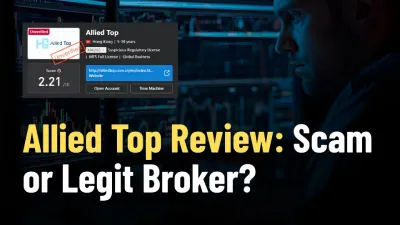What Is Spread in Forex Trading and How to Calculate It
Spread Meaning in Forex Guide: Forex spread defines the bid-ask price differential, representing the cost of entering a trade instantly.
简体中文
繁體中文
English
Pусский
日本語
ภาษาไทย
Tiếng Việt
Bahasa Indonesia
Español
हिन्दी
Filippiiniläinen
Français
Deutsch
Português
Türkçe
한국어
العربية
Abstract:Prop Trading Firm Controversy: Explore Shadowy Practices & Trust Issues. Time to Reevaluate Your Approach.

In recent times, the world of proprietary trading, often referred to as “prop trading,” has experienced a rollercoaster of popularity and skepticism. A surge of interest in prop firms, driven by the desire for individuals with limited capital to engage in meaningful trading, has clashed with growing concerns about the industry's integrity. This article explores the complexities of prop trading, the shadowy practices within some prop firms, and the impact on traders and the industry.
Proprietary trading firms, or prop firms, have gained significant attention lately, offering a lifeline to aspiring traders without access to substantial capital. Google Trends data over the past year reveals an astonishing surge in searches related to prop firms. These firms provide opportunities for traders to operate with sizable accounts, even if they lack the $500,000 or $200,000 typically required for substantial trading.
In essence, prop firms open doors for traders to make a meaningful impact in the markets, which is undoubtedly a positive aspect of these entities. However, recent revelations have cast a dark shadow over the industry.
A proprietary trading firm, often referred to as a “prop firm,” is a financial institution that engages in trading various financial instruments, such as stocks, bonds, commodities, currencies, and derivatives. Unlike traditional banks or brokerage firms that primarily facilitate client transactions, prop firms use their own capital to trade with the goal of generating profits. These firms employ skilled traders who analyze market data, identify trading opportunities, and execute trades on behalf of the firm. Proprietary trading can encompass a wide range of strategies and asset classes, and the profitability of these firms relies on the trading expertise of their staff.

One of the critical issues haunting the prop trading world is the widespread adoption of the B-book model. To understand this, it's crucial to differentiate between the A-book and B-book models in trading.
A-book is the standard practice for most regulated brokerages, where your trades are executed in the live market, with real liquidity and real money at play. In this scenario, the broker earns a commission or spreads on your trades.
On the other hand, the B-book model, prevalent among many prop firms, doesn't actually execute your trades in the live market. Instead, they act as counterparties to your trades, essentially taking the other side of your positions. If you profit, the prop firm loses money, but if you lose, they retain your challenge fee with no accountability.
The fundamental issue with the B-book model is its lack of transparency and regulatory oversight. Unlike regulated Forex, stock, or futures brokers, prop firms operate in a somewhat opaque environment. There's no comprehensive third-party audit, and consumers lack regulatory protection.
This opacity creates opportunities for unethical practices, as demonstrated by the MyForexFunds (MFF) situation. MFF was once highly regarded in the prop trading industry but is now marred by allegations of cheating clients out of their profits, as per the charges brought by the Commodity Futures Trading Commission (CFTC).

The MFF case has led to a crisis of trust within the prop trading community. Many traders, rightly concerned about the potential for deception and malpractice, are questioning their association with prop firms. The lack of regulatory safeguards and the perception of prop firms working against their traders have fueled uncertainty and skepticism.
So, what's the future of prop trading? Will there be a mass exodus from prop firms? Traders now face a dilemma: to continue seeking funding from these entities or revert to trading their own capital.
As traders contemplate their options, one thing is clear: trust is paramount. While some may find reputable prop firms with ethical practices, others might opt to trade their own money through regulated brokers, as in the “good old days.”
In conclusion, the controversy surrounding prop trading is prompting traders to reassess their strategies and evaluate the trustworthiness of the firms they engage with. Prop trading has undeniable benefits, but without transparency and regulatory oversight, it's crucial for traders to exercise caution and make informed choices. Ultimately, the best prop firm might just be the one you trust the most, whether that's an external entity or yourself.
To stay updated on the latest news, install the WikiFX App on your smartphone.
Download the App here: https://www.wikifx.com/en/download.html

Disclaimer:
The views in this article only represent the author's personal views, and do not constitute investment advice on this platform. This platform does not guarantee the accuracy, completeness and timeliness of the information in the article, and will not be liable for any loss caused by the use of or reliance on the information in the article.

Spread Meaning in Forex Guide: Forex spread defines the bid-ask price differential, representing the cost of entering a trade instantly.

Allied Top review: Covering regulation, trading platforms, leverage, spreads, deposits, and real trader feedback for informed decisions.

Global broker STARTRADER refreshes its brand identity, reinforcing trust, growth, and client focus through a modernized visual and strategic repositioning.

Dear Global Users, Thank you for journeying alongside WikiFX. Every query you make, every review you share, and every piece of feedback you provide serves as the most vital driving force behind our continuous efforts to promote transparency and security in the trading industry.
